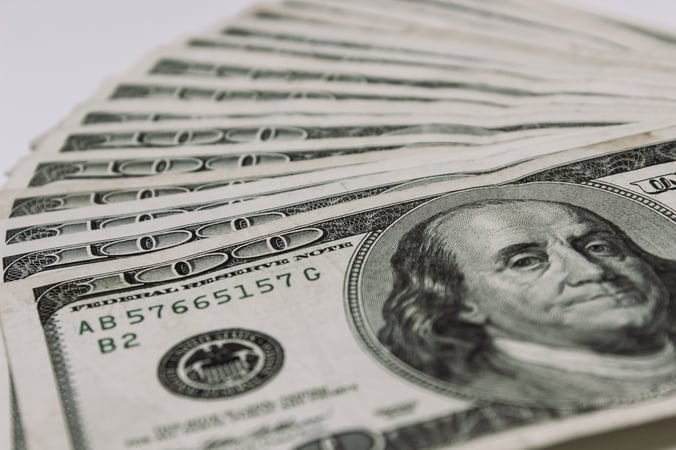
It’s understandable why it’s a challenge to create an emergency fund in today’s world. Many people live paycheck to paycheck, and daily needs consume money quickly. Even though it may seem impossible, establishing an emergency fund can be done. All it takes is some strict budgetary dieting and learning a few little-known tricks. No one wants to get stuck in a bad situation—like not being able to buy a car when you need one, or not to be able to fix something on a car you require to get to and from work. If you’re ready to take control of setting some money aside for when something emergent occurs, here are some steps you can take.
Identify your Goal
People who don’t clearly identify a goal rarely achieve them. After all, if you’re aiming at a target, it has to be in sight. Look at what may come up in your life and estimate what number would make a reasonable emergency fund. For example, replacing your tires may cost $400. If you know winter is coming and your tires are old, plan on having those funds ready in case you need them. The key is to list your expenses, and come up with a reasonable amount. Many experts say having 4 to 7 months of expenses is a good start. Once the number is place, plan on achieving it dollar by dollar—you don’t have to do anything more than that.
Create an Accessible, but not Easily Accessible Account
If money is there, it can be a temptation to spend it. One way to ensure your emergency fund remains for emergencies only is to stow it away in a place that’s not too accessible. You’ll want to be able to get it if something happens, but not have it within reach when you see those sweet new shoes at the mall. Some solid storage ideas include:
- A secondary savings account: Don’t give yourself access with a card, or the ability to transfer to a main account easily.
- Short-term CD: A short-term CD will earn a little more interest and also keep things safely out of spending’s way.
- A lockbox with cash: Many people have a hard time physically parting with cash. Get a fireproof lockbox and store your Benjamins in it. Make sure to put the key or code somewhere safe.
Cut Your Budget
Grab a few months of receipts and bank statements and start looking at how and where you spend your money. Once you’ve taken a good, hard look, start identifying where you can slim down. The goal is to determine needs versus wants, and send those extra dollars to the emergency fund until you’ve reached your goal. Some places to try and cut spending is:
- Your cell phone plan: How much data do you really need? Use your home Wi-Fi as much as possible and stop reading the gossip rags. Also, meet friends in person and avoid eating up minutes.
- Entertainment expenses: You can splurge here and there on a night out, but if you do it frequently, it’s time to look at new ways to be entertained. The average person can save hundreds by hosting movie nights at home rather than catching a flick once a week.
- Turn off the lights and turn down the heat: Start exploring how often things run in your home. Make it a point to turn off lights and put on a sweater rather than turning up the heat. Utility savings add up quickly.
Use different apps to track your spending and help you cut down your expenses. Technology is your friend.
Find Additional Income
No one really wants to work more than they already do, but what if you only had to do it for a couple months? See if you can find some one-time work opportunities or a temp job. You’ll be amazed how quickly the numbers add up. Remind yourself that it’s only temporary, and it can help keep you and your family from going into major debt in the face of an emergency.
Sell Things
Cleaning out the house is an amazing opportunity to make some quick cash. Allow yourself to get rid of things you truly don’t use or need. Most people have hidden treasures that don’t do anything other than take up space. Give yourself permission to clear the clutter while fattening up your emergency fund. If it’s summer, a yard sale is an excellent way to get rid of things all at once.
Emergency funds don’t have to be created overnight. Take things slow and don’t get discouraged. Every time you add a dollar, you’re a dollar closer to your goal. More importantly, only use it for its intended purpose. An emergency fund is just that—for emergencies only. And if you deplete it, replace it.




